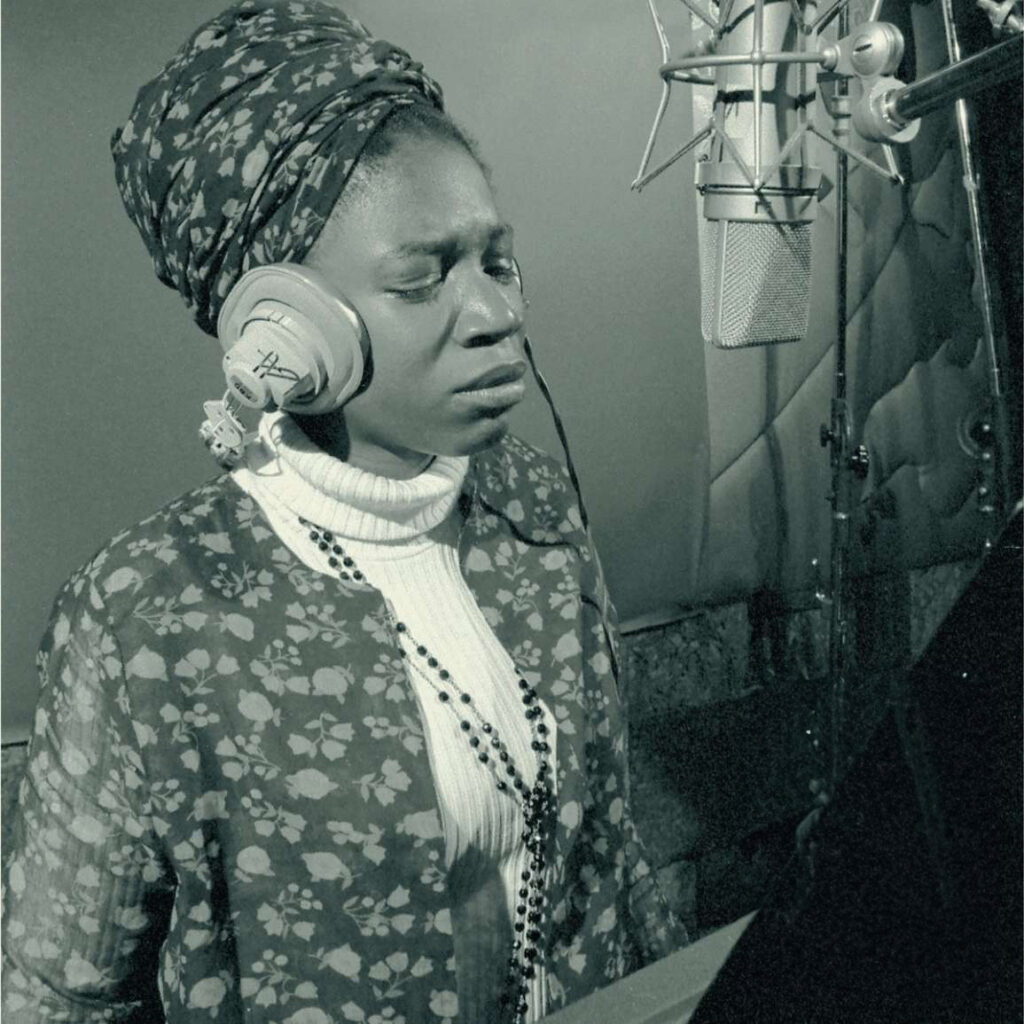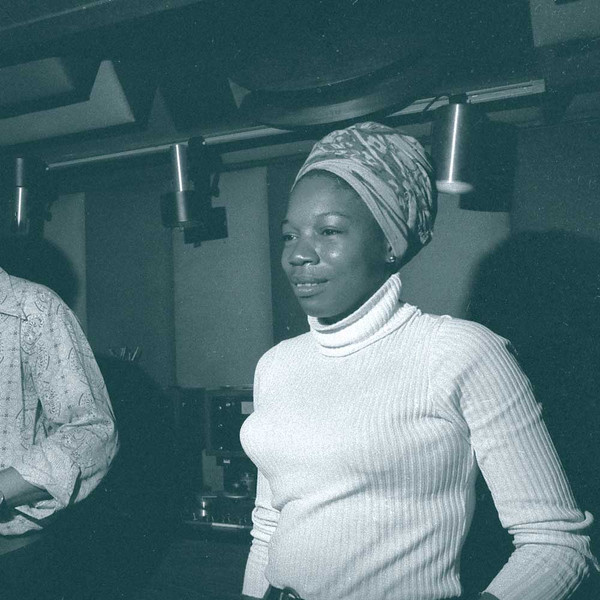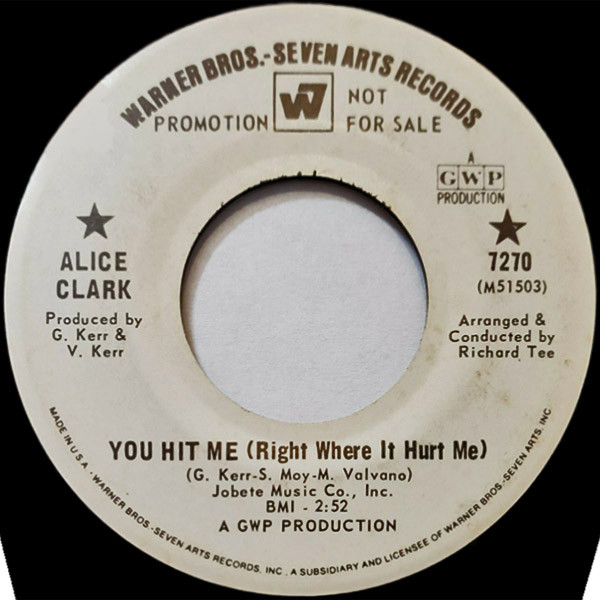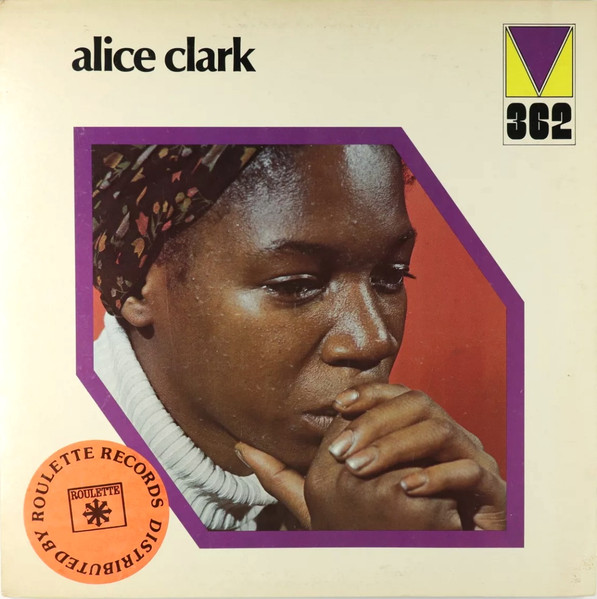

In the realm of soul music, there are artists whose talents shine brightly but fade all too quickly, leaving behind a legacy that lingers in the hearts of true music lovers. Alice Clark, a soul singer whose career spanned from 1968 to 1972, is one of them.
Born in 1947, in the vibrant neighborhood of Bedford-Stuyvesant in Brooklyn, New York, Alice Clark was immersed in music from a young age. Raised in a deeply religious family, she found her voice in the church choir, where she honed her vocal abilities and developed her signature style.
In 1964, when Bob Shad launched Mainstream Records, his primary objective was to record the music he personally enjoyed. Having previously worked under the constraints of Mercury and EmArcy in the 1950s, Shad seized the opportunity at Mainstream to create a catalog that showcased remarkable diversity. From Johnny Mandel’s evocative Harper soundtrack to the groundbreaking debut album of Big Brother & the Holding Company. Among the artists who captured Shad’s attention and compelled him to record was the talented singer Alice Clark.
Between 1968 and 1972, Alice Clark embarked on a relatively short recording journey in New York for a subsidiary of Jubilee. However, during this period, Clark’s personal circumstances were far from ideal. Dean Rudland mentions in his liner notes for Alice Clark: The Complete Studio Recordings 1968-1972, it was evident that Alice was facing challenges in her life. Billy Vera, the writer and producer of her initial recordings, shared insights, stating,”I got the impression her life wasn’t that great. She… had kids and belonged to a religious order that forbade either bathing or washing hair, I don’t recall exactly which…”

The Singles she released between 1968 and 1971 were:
You Got A Deal / Say You’ll Never (Never Leave Me) currently on Discogs for around $30
You Hit Me (Right Where It Hurt Me) / Heaven’s Will (Must Be Obeyed) currently on Sale on Discogs for $1.300

In 1972, Alice Clark signed with Mainstream Records and released her self-titled debut album, “Alice Clark.” In every aspect, this rare soul album exudes tastefulness. The arrangements and conductor duties were skillfully handled by Ernie Wilkins, while the production was expertly overseen by Bob Shad.
The album features a compelling selection of songs, including Jimmy Webb’s “I Keep It Hid,” John Bromley and Petula Clark’s “Looking at Life,” Leonard Caston’s “Don’t Wonder Why,” John Kander and Fred Ebb’s “Maybe This Time” (from the motion picture “Cabaret”), Juanita Fleming’s “Never Did I Stop Loving You,” Bobby Hebb’s “Charms of the Arms of Love” and “Don’t You Care,” Leon Carr’s “It Takes Too Long to Learn to Live Alone,” Bobby Hebb’s “Hard Hard Promises,” and Earl DeRouren’s “Hey Girl.” Each song brings its own unique flavor to the album, ensuring a diverse and captivating musical experience.
This remarkable collection of songs showcased her extraordinary vocal range, passionate delivery, and innate ability to connect with listeners on a profound emotional level. Combining elements of soul, jazz, and gospel, the album was a testament to Clark’s versatility and musical depth.
“I Keep It Hid” was selected as the lead single, accompanied by “Don’t Wonder Why” on the B-Side. However, despite its release, “I Keep It Hid” failed to make a significant impact and faded into obscurity. Unfortunately, the disappointing outcome extended to the release of Alice Clark’s self-titled album, which struggled to find the receptive audience it truly deserved. Regrettably, only a minimal number of copies of Alice Clark were sold.
Despite Bob Shad’s expertise in producing exceptional albums, the shifting dynamics of the market in the early 1970s posed a challenge. Black FM radio sought album singles that would stand out during “drive time” programming, typically favoring hook-driven songs. Unfortunately, the songs on this particular album possessed a sublime and poetic quality that didn’t align with those requirements.
Instead, commercial triumph eluded Alice Clark, leading her to turn her back on music in 1972. From that point on, very little has been heard about her. A veil of mystery envelops Alice Clark’s life after her departure from the music scene. She seems to have nearly vanished into thin air.
Now you want a copy?

Over the passing years, some copies of the album found their way into dollar bins.
Since then, Alice Clark’s album has transformed into a true rarity. Those seeking an original 1972 copy of Alice Clark on Mainstream Records must embark on an arduous quest. If they manage to find a copy, it will demand a hefty price tag of at least $500.
Reiusses are widely available, for example the 2019 RSD release of this album.